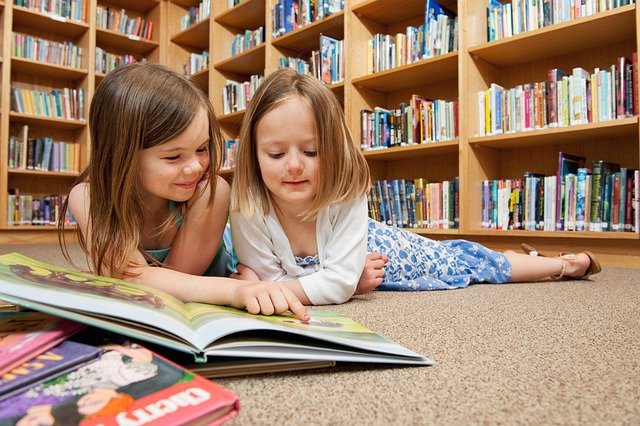For school-aged kids, summer is often a cherished time of unstructured adventure and exploration. This summer should include plenty of playtime for families after being stuck inside all year, yet students may crave ––and need–– more. Before the COVID-19 pandemic, the words “summer school” incited more anxiety or disappointment than joy for some. The implication is often that a student’s academic performance has fallen behind. In 2021, the stakes have changed. After a year of schooling from home without extended academic and social support, almost all students are falling behind, leaving them itching to get back to the classroom in whatever form that takes. Parents are well-served by welcoming and nurturing this enthusiasm.
READ ALSO: Ranking Arizona: Top 10 charter and private schools for 2021
Support can take many forms. Whether it’s one-on-one with tutors, mentors, and test prep professionals, or group experiences such as summer arts programs, dance classes, science camps, or summer school, students crave structured enrichment and personal growth right now.
To help students get caught up, get ahead, and get inspired, summer school is an efficient option with many benefits. Whether public or private, summer school arrives as a welcome opportunity to bridge an academic deficiency gap, get up to speed before college application season in the fall, connect with peers, make new friends, and explore new ideas and interests. Here is the latest summer school news, as well as pluses you and your kids can look forward to:
 Get Caught Up
Get Caught Up
The pandemic has set learning back for many students, with significant disparities related to family income and race. According to McKinsey & Company’s recent and widely publicized report about the effects of the COVID-19 pandemic on education, Black, Hispanic, and Indigenous students are averaging five months of learning loss at this juncture, and it is on track to worsen by year-end.
“The results are startling. Students, on average, could lose five to nine months of learning by the end of June 2021. Students of color could be six to 12 months behind, compared with four to eight months for white students.”
Getting back on track should include summer learning. A recent RAND Corporation report concurs:
“Summer programs can be an effective way to address students’ needs. The majority of programs studied (about 75 percent) were effective in improving at least one outcome.”
This was especially true of English reading and writing outcomes.
Additionally, we all learn differently. School can be a rollercoaster from day to day if some subjects come quickly and others prove more challenging. Fulfilling requirements in academic subjects students struggle with can be much easier in summer intensive courses because focus is deeply encompassing and purposeful. For example, if second language acquisition is challenging, immersion courses prevent distraction and avoidance because classes are typically half days, five days per week. Often, students can complete an entire year of instruction in 10-12 weeks, removing the requirement from their daily routine once school returns, thereby making space for courses they enjoy.
Get Ahead
Summer school certainly can improve academic performance when students focus on upcoming subject matter in advance of the school year. By already having that background and experience, students can dramatically boost their grade point average.
Equally, summer school can enhance confidence and self-esteem. Students are ––sometimes unfortunately–– acutely aware of the implicit and explicit social hierarchies at their school, which can inhibit confidence and stymie participation as they cautiously navigate how peers perceive them. Summer school can relieve that pressure by presenting a different, often fresh, cohort of students with whom to socialize, allowing for the development of new interpersonal skills. Also, decreased class size positively impacts student/teacher ratios, allowing for more personalized attention that can bolster self-confidence.
Get Inspired
Summer schools, camps, and programs often have a wider variety of classes than those offered in the typical school year curriculum. Not all students have access to horseback riding, darkroom photography, modern art history, robotics, or quantum mechanics at their school, but there are summer programs in most of these topics, including online and tuition-free options. Every time students are exposed to a new idea, subject, or skill, they see the world in a new way, holistically enhancing their education. After all, students don’t just go to school to build future careers; they also go to build future lives worth living.
Cindy Chanin is the director and founder of Rainbow EDU Consulting & Tutoring. Founded by Cindy Chanin, Rainbow EDU’s goal is to transform lives through the power of personalized education and impactful mentoring and enrichment. Internationally sought after by ambitious parents, Cindy and her team of the nation’s top educators not only help their children prepare for and gain entrance into the most prestigious academic schools in the country, but also help students discover their personal ambitions, desires, goals, and ultimately, their ‘why’ in the world. From working with elementary, middle and high school students, to working with empty-nester parents, Rainbow EDU provides various services that are tailored to each individual and their personal path – no story is the same. For more information, please visit https://rainboweduconsulting.com/.




